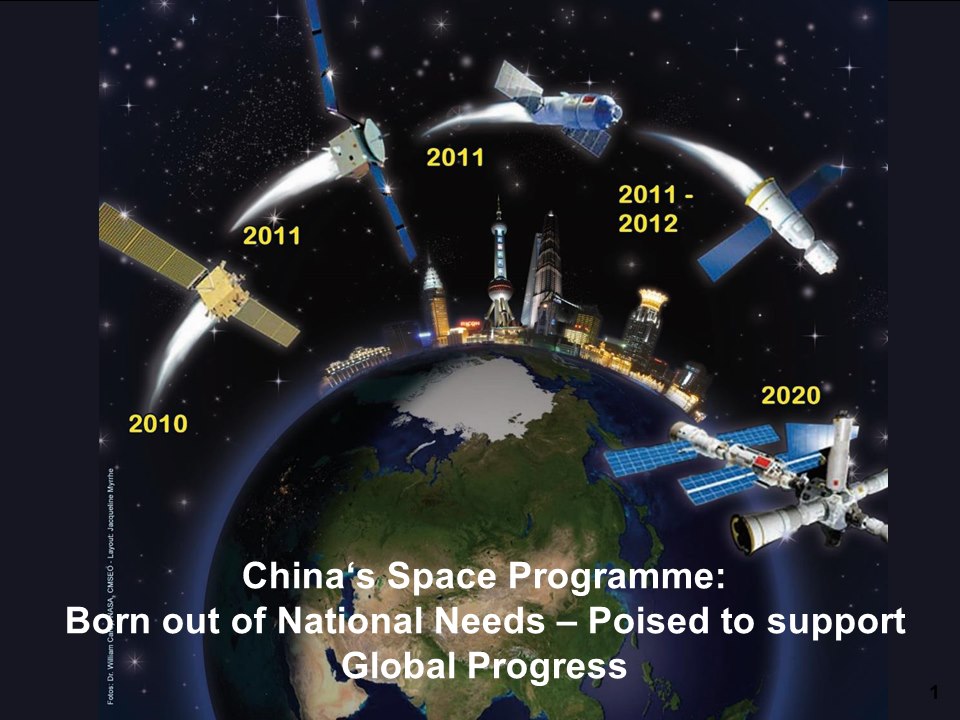
- This event has passed.
China’s Space Programme: born out of national needs poised to support global progress
20 September 2021 @ 9:00 pm - 10:30 pm CEST

China’s space programme – born out of national needs poised to support global progress
Abstract: The 21st century is believed to become the Asian century.
In the last few years China has introduced several economic and political initiatives which promote its rise as a global power. Embedded in its development and rise is the national space programme.
Western observers tend to look at China’s space programme as being small, slow, technologically less advanced, and not significant enough. Is that correctly reflected or what is it then? Is China’s space programme able to support not only national advancement in science and technology but also support global societal progress? Which role does the New Silk Road project (One Belt – One Road, BRI) play in this process? How is space technology, embodied in the “Belt and Road Space Information Corridor” supporting the concept of a “community of shared future for mankind” and drive global solutions for society? The authors, through consulting open-source information and performing in-depth analyses, look to find qualified answers to these questions and give the audience sufficient background knowledge about the history and the present to evaluate China’s space projects in an educated manner.
Lecturer: Jacqueline Myrrhe
The presentation is the result of the work of the European-Chinese GoTaikonauts! Team, a group of space enthusiasts observing the Chinese space programme for 20 years.
The talk is given by Jacqueline Myrrhe, space journalist from Neubrandenburg, Germany. Jacqueline has 22 years of experience in consultancy and publishing (books, space magazine “Raumfahrt Concret”) and is since 2010 reporting on the Chinese space programme (GoTaikonauts! www.go-taikonauts.com).
Also, she has accumulated 20 years of working as contractor for the European Space Agency where she has been assigned to different functions, such as: analysis of international exploration plans, science data base curation, reporting, content provider, outreach and communication, space education.
The presentation is the result of the work of the European-Chinese GoTaikonauts! Team, a group of space enthusiasts observing the Chinese space programme for 20 years.
The talk is given by Jacqueline Myrrhe, space journalist from Neubrandenburg, Germany. Jacqueline has 22 years of experience in consultancy and publishing (books, space magazine “Raumfahrt Concret”) and is since 2010 reporting on the Chinese space programme (GoTaikonauts! www.go-taikonauts.com).
Also, she has accumulated 20 years of working as contractor for the European Space Agency where she has been assigned to different functions, such as: analysis of international exploration plans, science data base curation, reporting, content provider, outreach and communication, space education.